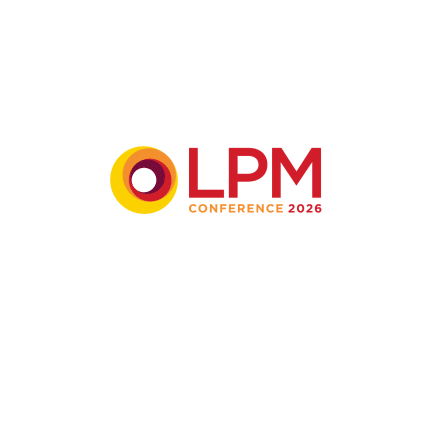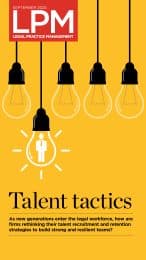
Value is in the hands of the user
A hard truth about tech solutions is that they don’t deliver value unless they are used, says Jack Shepherd, legal practice lead at iManage.
So much work goes into any product launch and subsequent user adoption that one fact is often overlooked – there is zero value realised before a tool is used.
As Peter Duffy of Legal Tech trends often reminds me on Twitter: “All the beautifully crafted user stories, wireframes, polished designs, and lines of code are a store of value.” That value isn’t realised until the product actually falls into the hands of customers. Any engineering work you do before that does not equate to any value. As with any testing, it’s only when the actual end-users get value from it.
It’s easy to fall into the trap of believing that all the initial hard work equals value delivered. But the truth is, the only way to truly evaluate the effectiveness of a process is by looking at how it’s being followed by actual users. If it’s not adding value, it’s time to reevaluate. Unless, of course, it was a marketing play all along.
A lot of work goes into implementing tech and none of it makes any impact on a business. That’s just the way it is.
Get it shipped
A striking contrast between the tech industry and the legal sector lies in their approach to product development, says Jacqueline Schafer. In tech, a cardinal rule is to “ship” a feature – that is, release it to customers – even if the initial version is less than perfect and potentially embarrassing. The reason for this is that if you spend too long developing bells and whistles, you are missing out on all the value that could be delivered to people without those bells and whistles.
The legal profession is known for valuing accuracy above all else, which can make it difficult to embrace the ‘launch and iterate’ mentality that is common in the tech world. Professional liability concerns only add to the pressure, and it’s understandable why some lawyers may hesitate to adopt new tools and processes. Encouraging a culture of knowledge sharing can help to break out of this box, but it must come from building institutional knowledge, not from individuals.
At the same time, of course, there are plenty of tech companies that misinterpret the need to “ship” a feature as shipping buggy or faulty features. Don’t fall into this trap. The key question is when you deliver value. You will find it tricky to deliver value by shipping something that doesn’t work.
Change needs a proper introduction
We can’t just single out the lawyers for every failed tech adoption though (no, really, we can’t). The main point of failure that I see is businesses buying software solutions that don’t drive a tangible business outcome or user outcome. That’s the crux of it. Without these key goals in place, nobody cares, and nobody is telling them to care. It’s a change management nightmare.
There’s often a common outcome when organisations bring in someone new to lead the implementation of new systems – failure. Change needs a proper Introduction, or it will be attacked and expelled, writes freelance advisor Jennifer Marsh. So existing staff may not swarm the new employee in the canteen like an immune system protecting itself from a virus, but it will be a difficult job for anyone to secure buy-in and support from the most powerful members of the organisation.
Change the record?
74% of the law departments that iManage surveyed stated that a drive for internal efficiency is their top priority and that using technology to simplify those processes was the next highest. The key, of course, is to relate these to business outcomes. For example, does an efficient law firm actually make more money?
We have created an extensive whitepaper that steps through how law departments can work smarter and be more productive by adopting modern document management.
Work smarter, be more productive by downloading this research that steps through how law departments can adopt modern document management.



